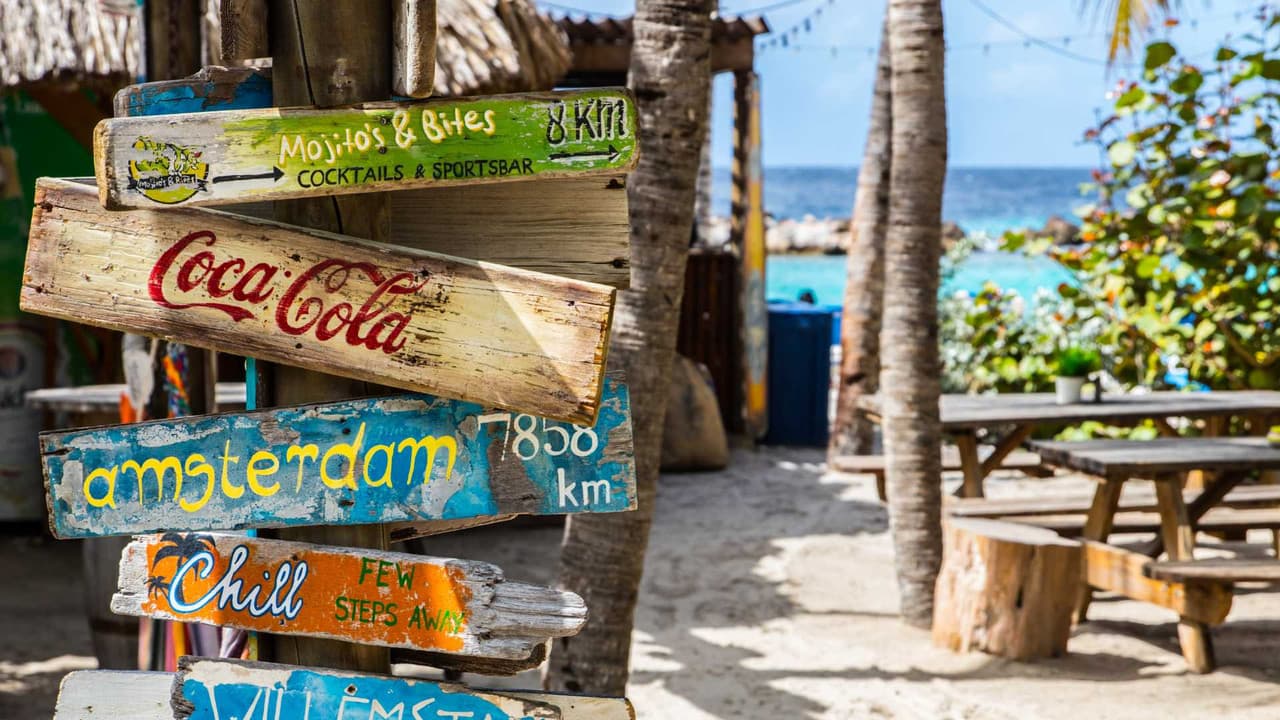Understanding working time regulations in Curaçao is essential for businesses employing staff on the island. These regulations are designed to protect employees by setting clear limits on working hours, ensuring adequate rest periods, and mandating fair compensation for overtime work. Compliance with these rules is a key aspect of responsible employment practices and helps foster a healthy work environment.
Navigating the specifics of daily and weekly hour limits, break entitlements, and overtime calculations requires careful attention to local labor laws. Adhering to these requirements is not only a legal obligation but also contributes to employee well-being and operational efficiency.
Standard Working Hours and Workweek
The standard working week in Curaçao is typically 40 hours. This is generally spread over five days, with a maximum of 8 standard hours per day. However, the law permits variations under specific conditions or collective labor agreements, allowing for flexibility while still maintaining overall limits on working time.
The maximum permissible working hours, including overtime, are regulated to prevent excessive work burdens on employees.
| Working Time Limit | Standard | Maximum (including overtime) |
|---|---|---|
| Daily Hours | 8 | 10 |
| Weekly Hours | 40 | 50 (can be up to 60 in specific cases or sectors) |
These limits apply to most employees, though specific sectors or roles may have different regulations or exemptions.
Overtime Regulations and Compensation
Work performed beyond the standard daily or weekly hours is considered overtime. Overtime work must be compensated at a rate higher than the employee's regular wage. The specific overtime rate depends on when the work is performed.
- Standard Overtime: Work exceeding 8 hours per day or 40 hours per week (up to the maximum allowed) is typically compensated at a rate of 150% of the regular hourly wage.
- Overtime on Sundays or Public Holidays: Work performed on designated rest days (Sundays) or official public holidays is often compensated at a higher rate, commonly 200% of the regular hourly wage.
Employers must ensure that overtime is only requested when necessary and that employees are properly compensated according to these rates. There are also limits on the total amount of overtime an employee can work.
Rest Periods and Breaks
Ensuring adequate rest is a fundamental part of working time regulations in Curaçao. Employees are entitled to mandatory rest periods during and between workdays, as well as weekly rest days.
- Daily Rest: Employees must receive a minimum of 11 consecutive hours of rest between two working days.
- Weekly Rest: Employees are entitled to a minimum of 24 consecutive hours of rest per week, typically granted on a Sunday.
- Breaks: For shifts exceeding a certain duration, employees are entitled to breaks. For example, a break of at least 30 minutes is generally required after working for 5.5 consecutive hours. These breaks may or may not be paid, depending on the specific arrangement or collective agreement.
These rest periods are crucial for employee health and safety and must be strictly observed by employers.
Night Shift and Weekend Work
Working during night hours or on weekends often falls under specific regulations due to the potential impact on employees' health and social life.
- Night Work: Work performed during defined night hours (e.g., between 7:00 PM and 7:00 AM) may be subject to special rules, including potential limitations on duration, requirements for health checks, and sometimes higher compensation rates or allowances, even if not strictly considered overtime based on total hours worked.
- Weekend Work: While Sunday is the standard weekly rest day with specific overtime rates (as mentioned above), work on Saturdays may also have particular rules depending on the standard workweek structure in the specific workplace or sector. Work on public holidays is also subject to higher compensation rates.
Specific rules for night and weekend work can vary, and employers should consult the relevant labor laws or collective agreements applicable to their industry.
Working Time Recording Obligations
Employers in Curaçao have a legal obligation to maintain accurate records of the hours worked by their employees. This includes regular working hours, overtime hours, and the timing of rest periods and breaks.
These records serve as proof of compliance with working time regulations and are essential for calculating correct wages, including overtime pay. The records must be kept diligently and made available for inspection by the relevant labor authorities if required. Proper record-keeping is a critical component of labor law compliance and transparency in the employment relationship.
Employ top talent in Curaçao through our Employer of Record service
Book a call with our EOR experts to learn more about how we can help you in Curaçao







Book a call with our EOR experts to learn more about how we can help you in Curaçao.
Trusted by more than 1000 companies around the globe



